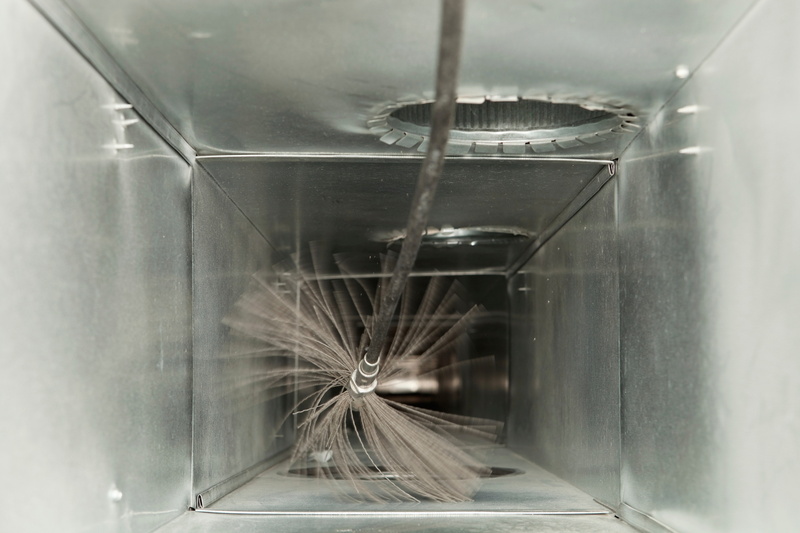
After learning about the impact that indoor air quality can have on your home, you’re probably now hyper-aware of the dust floating through your air, the stuffy air in some rooms, and recoiling in horror at the cloud of dust that appears when you pat your dog’s fur. It’s almost enough to make you want to run out and buy all the filters and purifiers you can get your hands on.
But don’t fall into that trap! Before you make any decisions on your own, you need to begin with an air quality test and inspection from a qualified HVAC contractor in Winder, GA. They’ll then be able to device a proper air quality strategy for your individual needs. That being said, here are some ideas for what can be done about the particulates floating around your home:
Cleaning the Dirty, Contaminated Air
It’s no secret that we can’t see low indoor air quality. When trying to envision it, you might imagine millions of floating particles drifting through the rooms of your home.
What determines whether those particles are harmless is their size. If they’re too small, they can become inhaled and may enter your body, reaching your heart or lungs. That’s where the problems begin.
The kinds of pollutants capable of doing that usually include:
- Dust, dirt, pet dander and other particulates.
- Chemical pollutants, like those found in household cleaners, cigarette smoke, preservatives, and other man-made substances.
- Microorganisms like mold spores, bacteria, and viruses.
There are two ways that you can tackle this problem, and we suggest using them together:
- Eliminate the particles with the combination of air purifiers and air filters. There are many different kinds, and choosing the right ones is dependent upon which pollutants are most prevalent in your home.
- Have your air ducts cleaned so that you can do away with a big source of dust and dirt in your air supply. Air ducts will collect dust and dirt over time, contributing to bad air quality
Reduce the Moisture in Summer
If your air is just too humid and muggy during the summer, you may need a dehumidifier to remove some of that moisture from the air. A dehumidifier will do a load of good in helping improve your comfort, but it will also help improve your air quality. Particles spread through the air more easily when there’s more moisture, and it’s even easier for them to enter your body that way. By reducing the humidity, you can give yourself better comfort while helping reduce your chances of ingesting harmful particles.
Reintroduce Moisture to Those Dry, Dry Winters
When the air gets so cold that the air dries out, what you need is just the opposite—a humidifier. Now, the goal of introducing moisture back into the air isn’t to achieve the opposite effect of a dehumidifier. Rather, a humidifier will keep your sinuses moist enough to function properly. When the air is too dry, the membrane in your sinuses will be too dry to properly fight off respiratory illnesses.
Contact American Comfort Heating and Cooling today to schedule an air quality test.









